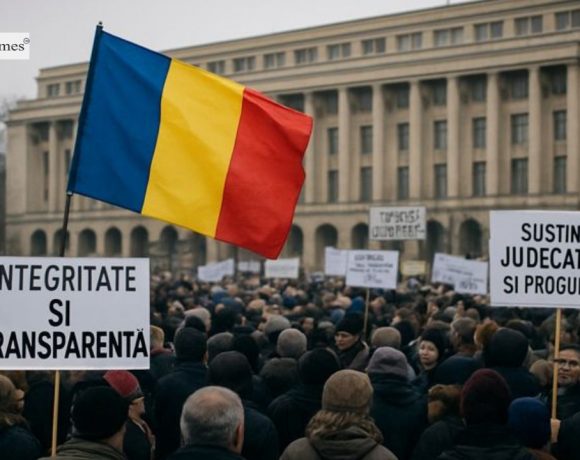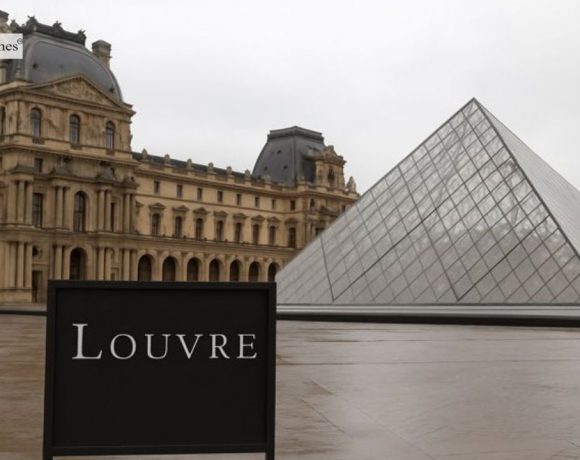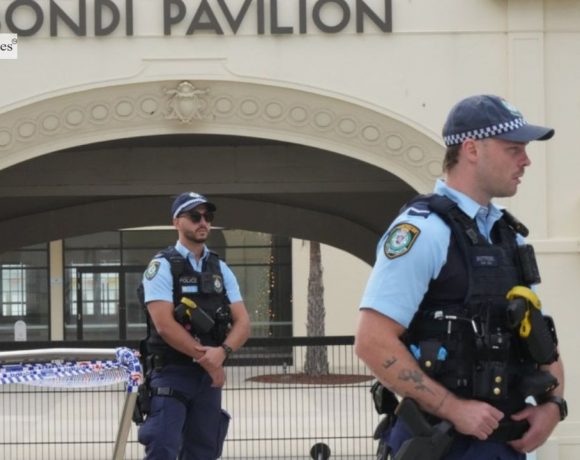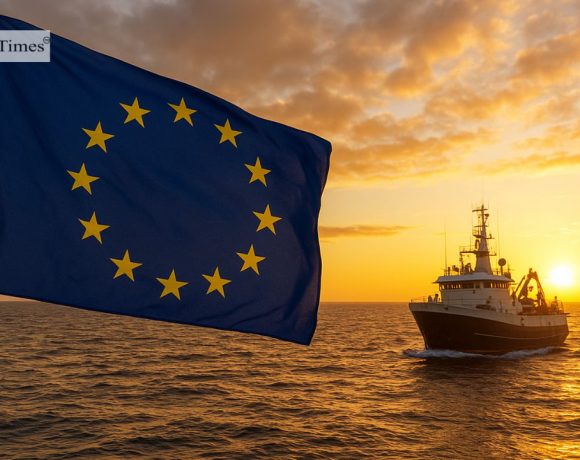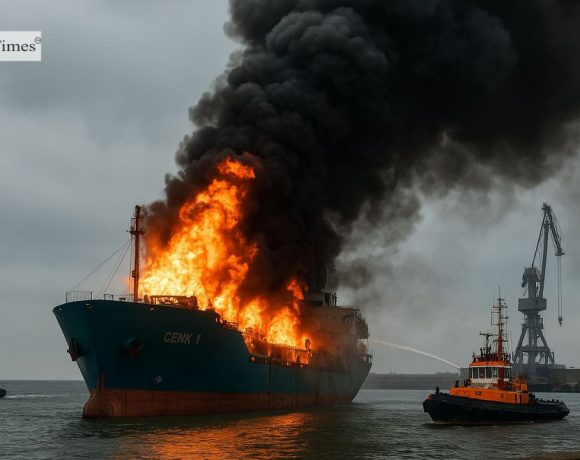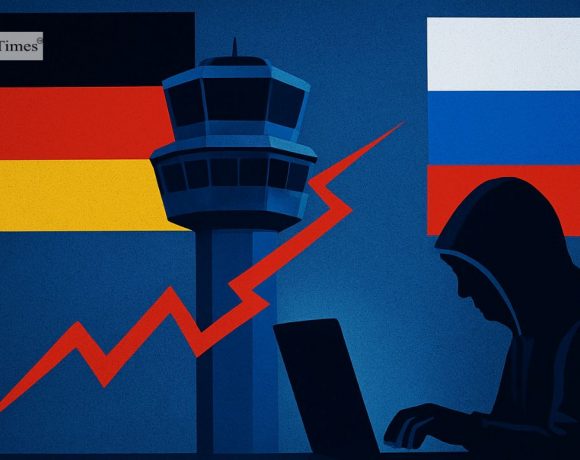
The European Commission is poised to ease its 2035 ban on new combustion-engine cars, allowing up to 10% of sales to include non-electric options like plug-in hybrids and range extenders using CO2-neutral biofuels or synthetic fuels. This reversal follows intense lobbying from Germany, Italy, and Europe’s auto sector, including giants like BMW, Mercedes-Benz, Renault, Volkswagen, and Stellantis, as they grapple with competition from Tesla and Chinese EVs. The proposal requires approval from EU governments and the European Parliament.
This marks the EU’s biggest retreat from its aggressive green policies in recent years, with carmakers also urging relaxed 2030 CO2 targets and fines. The European Automobile Manufacturers’ Association (ACEA) has described the situation as “high noon” for the industry. However, EV advocates warn that diluting the 100% zero-emissions goal to 90% could erode investments and hand more market dominance to China.
To counterbalance, the Commission plans incentives for EVs in corporate fleets—which drive 60% of new car sales—potentially with local content rules and tax breaks for small EVs. Credits toward CO2 targets may also reward sustainable practices like low-carbon steel production, though the auto sector prefers incentives over mandates.
Pic courtesy: google/ images are subject to copyright

